Article not found
This article is no longer available. But don't worry—we've gathered other articles that discuss the same topic.
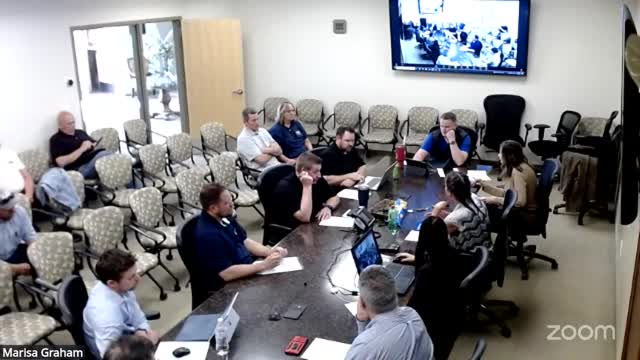
Council hears proposal to allow agricultural protection on 5-acre parcels; members ask for more analysis
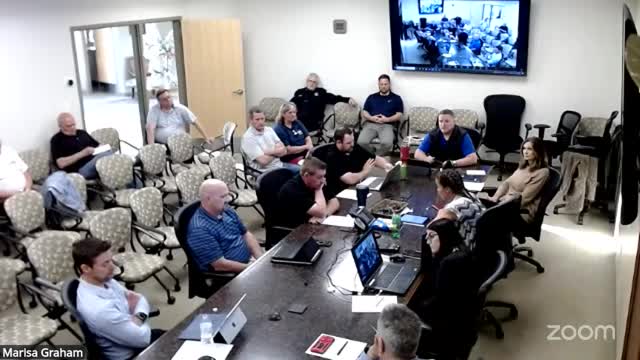
Syracuse council debates FY26 budget, agrees to advertise Truth in Taxation hearing
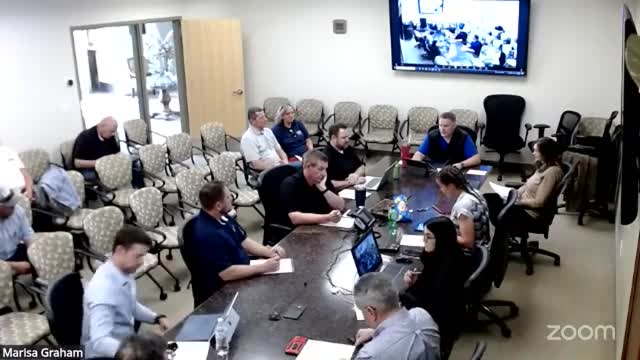
Council moves two planning commission recommendations to consent; one request tabled
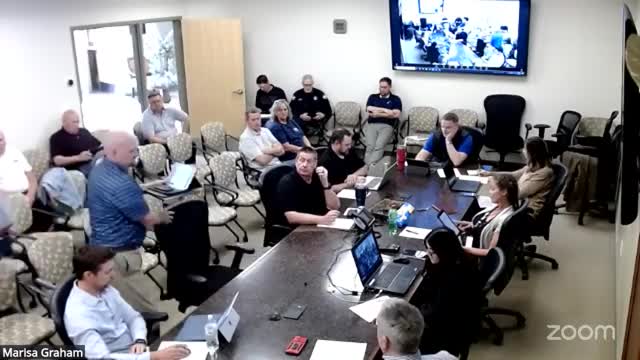
Council reviews proposed personnel policy updates; councilors ask for clarity on meal per diems and nepotism language
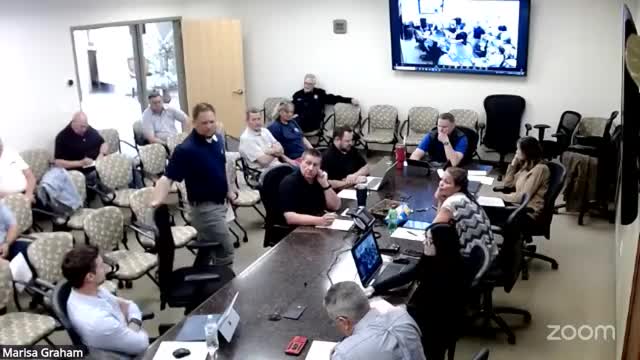
Council reviews one‑year dispatch services agreement with Davis County
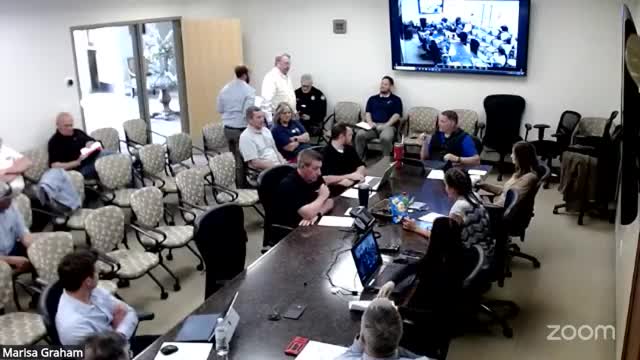
North Davis Communities That Care outlines youth mental-health programs, $125,000 federal grant and youth mini-grants

